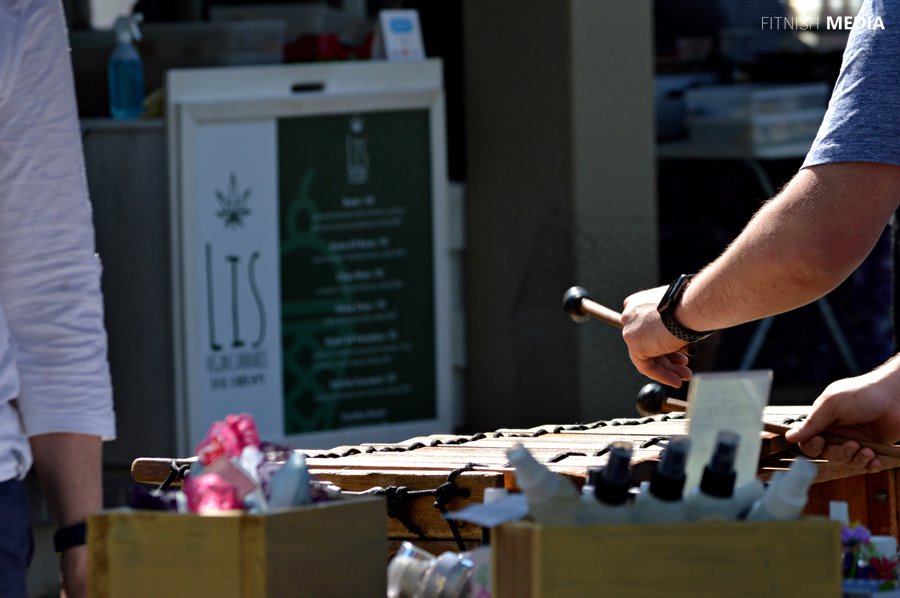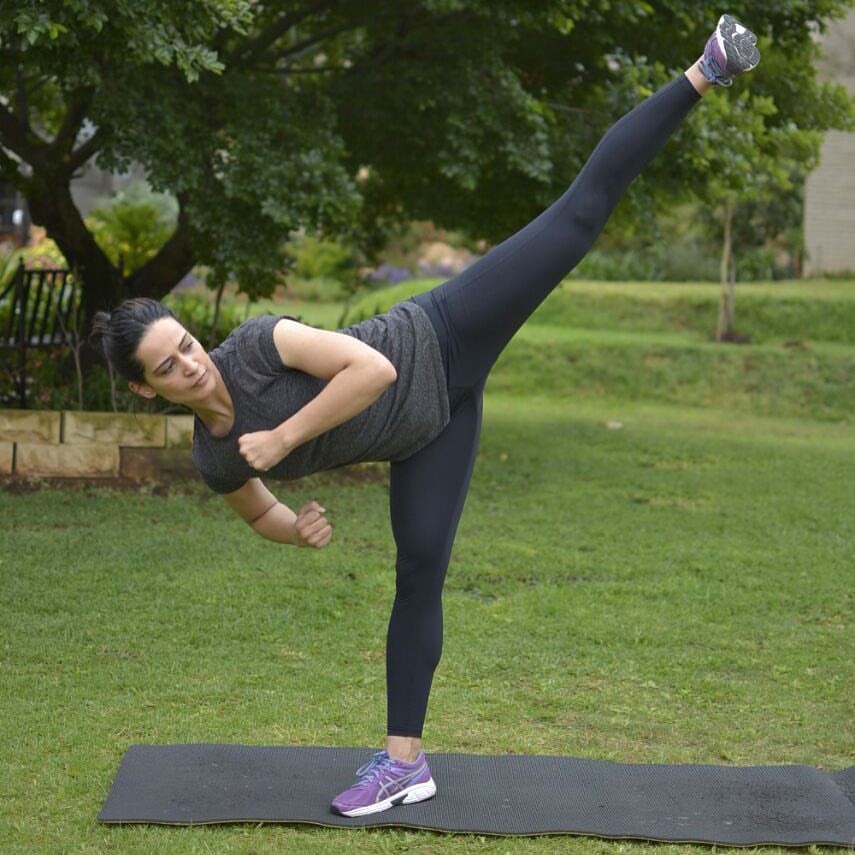Life can take a sudden turn after a car accident, leaving behind physical pain and anxiety about what to do next and how to get help. In the aftermath, physical therapy and counseling can be a guiding light, leading you back toward the life you had before. Let’s unravel this important process, from regaining strength in physical therapy to finding emotional support, bridging the path to recovery.
Rebuilding Your Body and Confidence
The first step accident victims should take is to receive medical attention and have their injuries assessed by a doctor. There, the extent of their injuries can be determined, and they can be referred to a specialist to develop a targeted plan for healing.
If you experience whiplash or soft tissue injuries due to an accident, you need a skilled physical therapist’s touch. With a keen eye, they guide you through targeted exercises and therapies to meet your specific needs, help you regain mobility, and prevent long-term pain.
Healing the Soul
But damage exists beyond physical injuries, and it’s equally important to have your emotional scars treated. That’s where the gentle hand of counseling steps in. Therapists offer a listening ear and a safe place where your anxieties can find their voice. Sharing the weight with a professional helps you gain coping mechanisms, untangle the web of emotions after an injury, and finally, find acceptance.
Support Systems and Resources
Rehabilitation centers have a network of experts, including occupational therapists, dedicated nursing staff, and physical therapists, forming a vital support system. They address your multifaceted healing needs, ensuring you’re never alone on your journey to recovery.
Community organizations, too, are an option for those needing extra support. Some even offer financial aid and transportation. You can also consult with a car accident lawyer in Chicago or wherever you are based, if the injury was due to another person’s negligence.
A strong support system is key to a swift recovery, you can find out about resources in your area by asking your therapist.
Tips for Success
- Speak openly with your healthcare team to ensure your treatment plan reflects your evolving needs.
- Lean on family and friends for understanding and encouragement.
- Celebrate small victories, set realistic goals, and remember that it is about progress, not perfection. Recovery is all about daily wins, not only monumental leaps.
The road to wholeness is rarely smooth. Setbacks, physical and emotional, may make it feel like you’re taking a step backward. But don’t give up amidst a setback, take on the challenge, and you will come out stronger.
By embracing professional help, building a robust support network, and celebrating small victories, you can reclaim your life. Healing is a journey, not a destination, and with each step, you are one step closer to a stronger, brighter you.





















